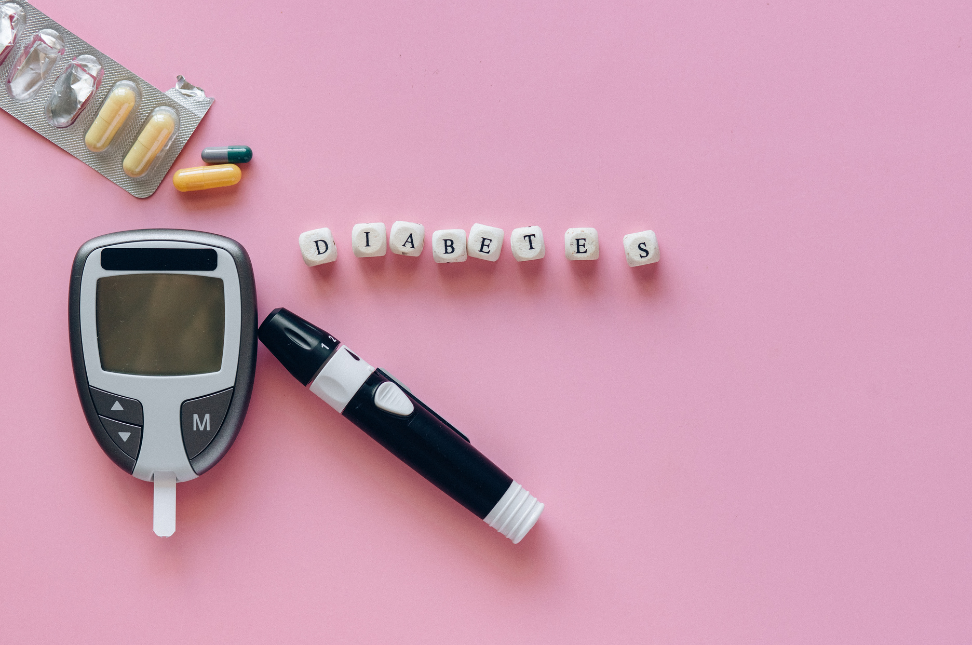Losing weight is a common goal for many individuals, but it’s essential to lose weight safely to ensure long-term success and avoid potential health risks. This article provides effective and sustainable strategies to help you achieve your weight loss goals without compromising your health.
Understanding Safe Weight Loss
The Importance of Safety
Losing weight too quickly can lead to muscle loss, nutritional deficiencies, and other health problems. Safe weight loss emphasizes gradual progress, ensuring that the body adapts healthily to the changes.
Setting Realistic Goals
Aim to lose 1-2 pounds per week. This steady pace helps you lose weight safely and is more sustainable over time. Setting achievable goals keeps you motivated and reduces the likelihood of regaining the weight.
How to Lose Weight Safely: Key Strategies
Maintain a Balanced Diet
Eat Nutrient-Dense Foods
Focus on foods that are high in nutrients but low in calories. Fruits, vegetables, lean proteins, and whole grains provide essential vitamins and minerals while keeping you full and satisfied.
Control Portion Sizes
Monitoring portion sizes helps prevent overeating. Use smaller plates, read food labels, and be mindful of serving sizes to lose weight safely.
Avoid Processed Foods
Processed foods often contain high levels of sugar, unhealthy fats, and empty calories. Opt for whole, unprocessed foods to support your weight loss efforts.
Stay Hydrated
Drinking water is crucial for overall health and can aid in weight loss.
Drink Plenty of Water
Aim to drink at least 8 glasses of water a day. Water helps control hunger, improves metabolism, and supports the body’s natural detoxification processes.
Limit Sugary Drinks
Avoid sugary sodas, energy drinks, and fruit juices. These beverages are high in calories and can hinder your weight loss progress.
Exercise Regularly
Physical activity is essential for burning calories and maintaining muscle mass during weight loss.
Incorporate Cardiovascular Exercise
Activities like walking, running, swimming, or cycling help burn calories and improve cardiovascular health. Aim for at least 150 minutes of moderate-intensity aerobic activity each week.
Strength Training
Strength training exercises, such as lifting weights or using resistance bands, help build muscle mass. Increased muscle mass boosts metabolism, making it easier to lose weight safely.
Get Adequate Sleep
Sleep is often overlooked but plays a crucial role in weight loss.
Aim for 7-9 Hours of Sleep
Lack of sleep can disrupt hormones that regulate hunger and appetite, leading to overeating. Prioritize quality sleep to support your weight loss journey.
Manage Stress
Chronic stress can lead to emotional eating and weight gain. Finding effective ways to manage stress is essential for safe weight loss.
Practice Relaxation Techniques
Techniques such as deep breathing, meditation, and yoga can help reduce stress and improve your mental well-being.
Stay Connected
Maintaining social connections and seeking support from friends and family can help manage stress and keep you motivated.
Monitor Your Progress
Keeping track of your weight loss progress helps you stay accountable and make necessary adjustments.
Keep a Food Journal
Recording what you eat and drink can help identify patterns and areas for improvement. It also increases awareness of your eating habits.
Regular Weigh-Ins
Weigh yourself regularly, but not too frequently. Once a week is sufficient to track your progress without becoming obsessive.
Seek Professional Guidance
Consulting with healthcare professionals can provide personalized advice and support.
Nutritionist or Dietitian
A registered dietitian can help you create a balanced meal plan tailored to your specific needs and goals.
Personal Trainer
A certified personal trainer can design an exercise program that fits your fitness level and helps you lose weight safely.
Incorporate Healthy Habits
Eat Mindfully
Pay attention to your hunger and fullness cues. Eating slowly and savoring each bite can help prevent overeating.
Avoid Skipping Meals
Skipping meals can lead to increased hunger and overeating later in the day. Aim for three balanced meals and healthy snacks as needed.
Plan Your Meals
Planning your meals and snacks in advance helps ensure you make healthy choices and avoid impulsive eating.
Conclusion
Learning how to lose weight safely involves making gradual, sustainable changes to your lifestyle. By maintaining a balanced diet, staying hydrated, exercising regularly, getting adequate sleep, managing stress, monitoring your progress, and seeking professional guidance, you can achieve your weight loss goals while maintaining your health. Remember that safe weight loss is a journey, not a quick fix. Stay patient, stay consistent, and celebrate your progress along the way. Prioritize your well-being and embrace these strategies to achieve long-term success in your weight loss journey.




